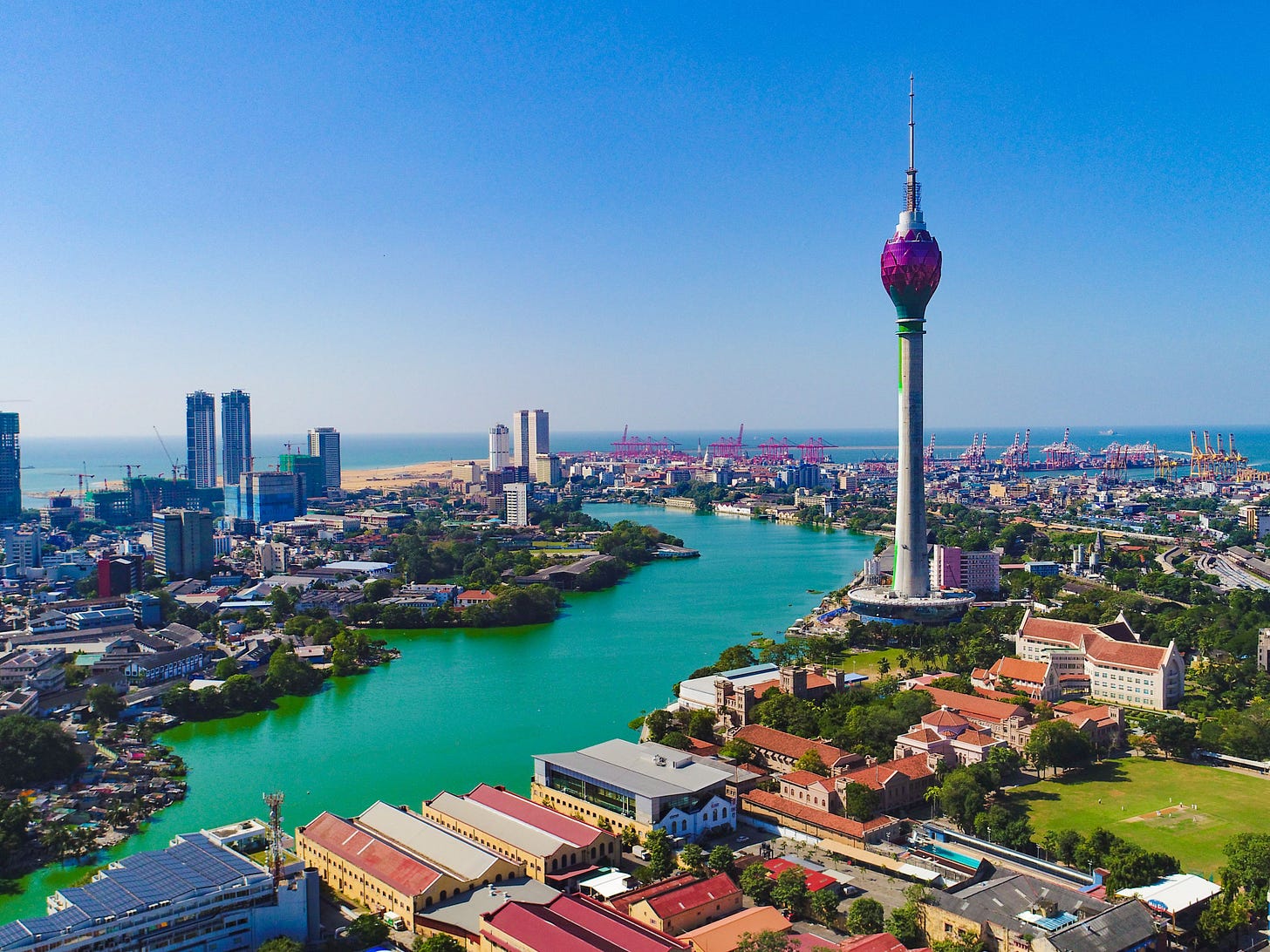Ecosystem Deep Dives #6: Sri Lanka - Small but mighty
The small island nation in the Indian Ocean is quietly growing its start-up ecosystem.

Still recovering
A three decade long civil war left the country of Sri Lanka in shambles, as much in terms of infrastructure, societal tension and evidently exile of talent, a problem the country is still struggling with today. After the war ended in 2009, the country embarked on its reconstruction. Despite a rough start, today Sri Lanka is actually doing pretty well compared to other countries in the region. Its HDI (Human Development Index) stands at 72, higher than Mexico, Colombia, Tunisia and Thailand. HDI measures indicators related to three main sectors: health, knowledge and standard of living.
The country enjoys a relatively progressive business environment and is considered one of the best countries to do business in Southeast Asia. With a population of almost 22 million, one of the Sri Lankan market's strength is the ability to act as a test market for innovations that can then be scaled to its behemoth neighbor: India. However, Sri Lanka still lacks on internet connectivity (50% of the population), which represents a handicap for the country's tech start-ups. Now that introductions are made, let's dive into what makes the Sri Lankan start-up ecosystem special.


